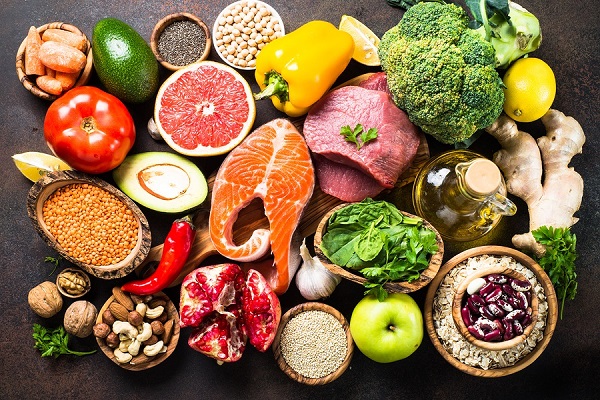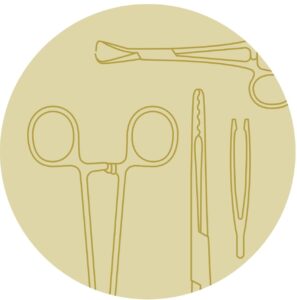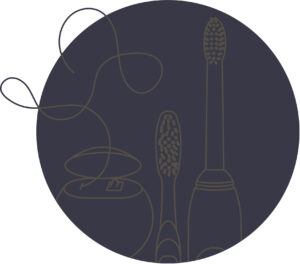How to Plan Your Balanced Healthy Diet?

Balanced diet food background. Organic food for healthy nutrition superfoods. Meat fish legumes nuts seeds greens oil and vegetables. Top view on dark stone table.
Nutrition is the key to losing weight and living a healthy lifestyle. Yet the U.S. is failing in this respect. At the turn of the century, about 30% of Americans were obese, whereas in 2018 more than 40% of Americans were considered obese.
These figures only take into account obesity. Almost as many people are classified as lying within the ‘overweight’ category.
There must be a real conversation about what ordinary people can do to eat a balanced, healthy diet. Let’s take a look at how to plan a nutritious eating plan.
Focus on Fruits and Vegetables
It is estimated that up to 80% of premature heart attacks could be prevented by adopting healthy lifestyle choices. Diet is the heart of this.
The easiest way to transform your diet is to focus on fruits and vegetables. Not only are they packed with antioxidants and other vitamins and minerals, but they also contain practically no calories.
An easy way to figure out how much you should have is to fill at least half your plate with fruits or vegetables at every meal.
Choose Whole Grain Foods
Whole-grain foods should form a quarter of your plate. These are foods like whole-grain bread, brown rice, quinoa, and hulled barley. The reason why they’re whole grain is that they’re made entirely from grain.
Whole grains contain protein, fiber, and B vitamins. These all contribute to helping you stay healthy.
Additionally, these foods have a high satiation rating, which means you’ll feel full for longer. If you’re someone who struggles with snacking, whole grain foods are the answer.
Get Your Fill of Protein
Protein is vital for building healthy bones, skin, and muscles. Throughout your adult life, you need more of this to maintain a healthy body.
Protein foods should form the other half of your plate. You can find protein in fish, lean red meats, nuts, seeds, and eggs.
Dairy products also offer significant amounts of protein, but make sure you avoid caloric gain by choosing low-fat and unflavored options.
Limit Fatty Foods
The biggest contributor to poor diet in the U.S. is the easy, cheap access we have to fatty foods. According to Ryan Shelton of Zenith Labs, one of the most important things you can do to balance your overall health is to cut out fatty foods.
Treats are fine every so often, but fatty foods are the bane of American life. When a salad costs $5 and a cheeseburger costs $1, it should come as no surprise that choosing the right food options is difficult.
Avoid Snacking
Snacking isn’t a problem in itself. What we snack on is. By definition, we want it to be quick and easy, so we head for the vending machine.
Substitute what you normally snack on with some nuts or seeds instead. Grab flavored water instead of a soda. Think of alternatives to your usual snack of choice.
Conclusion
Adopting new habits is tough. Rather than trying to change your diet all at once, make little changes over time. Dieting shouldn’t be miserable, but because people move too quickly it often becomes a hellish experience.
Follow these tips and change your habits slower. Doing it this way elevates your chances of long-term success.
What are your tips for adopting a healthy diet?







